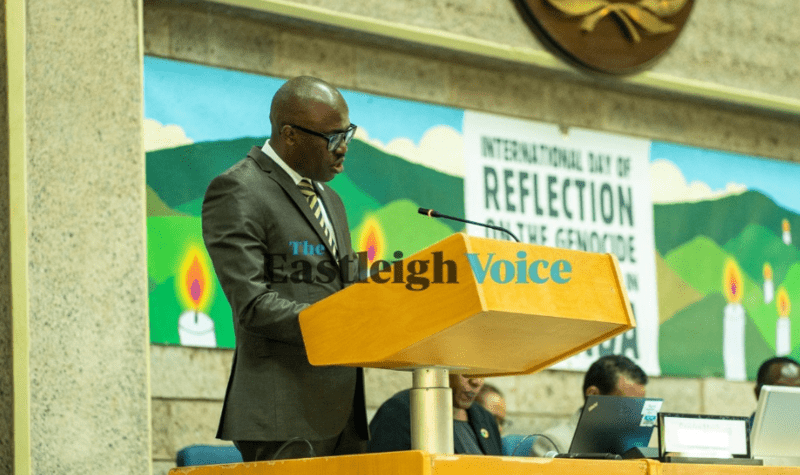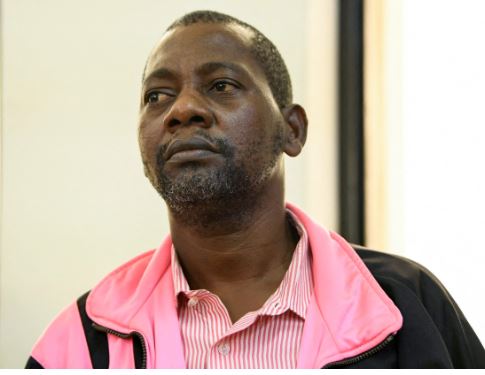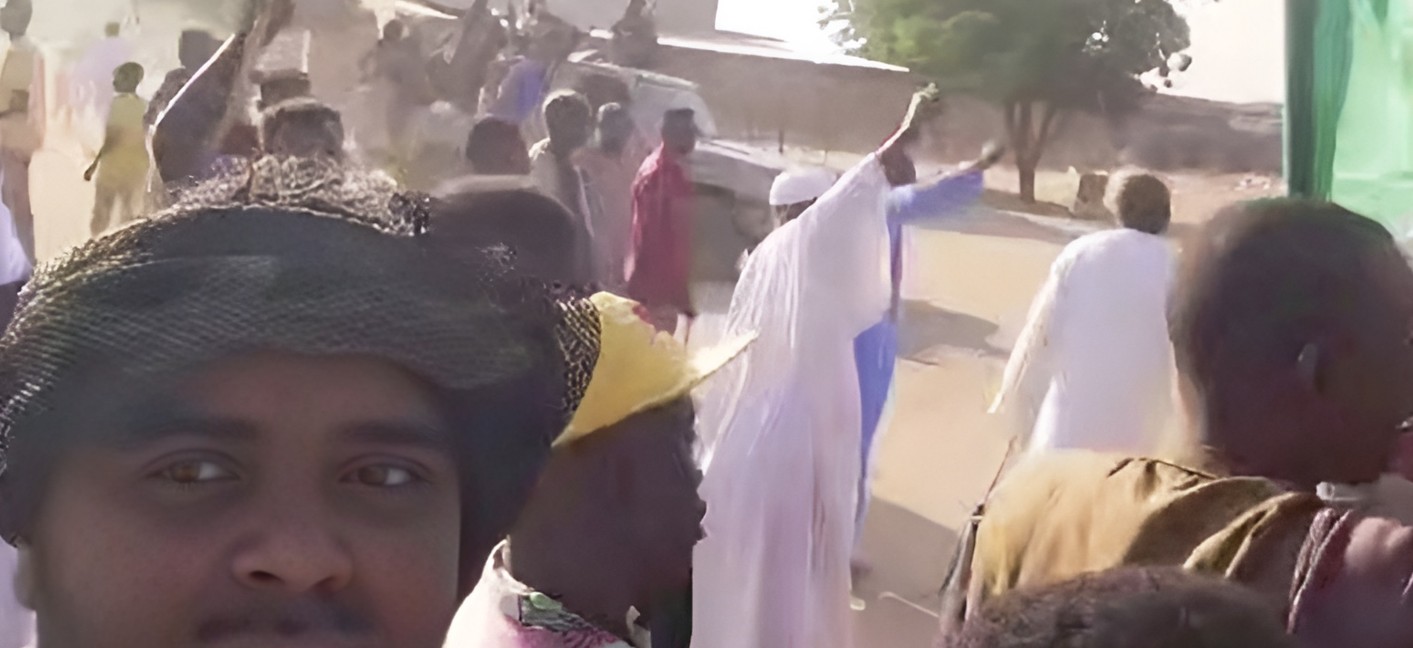Saudi Arabia agrees to postpone execution of Kenyan in manslaughter case

Sing'oei said that the government would engage stakeholders, including religious leaders, in Nairobi and Riyadh on how the matter could be concluded.
Saudi Arabia has agreed to postpone the execution of Kenyan Stephen Munyakho, originally set for Wednesday, to allow further negotiations following an altercation in 2011 that turned fatal.
Munyakho, known as Stevo to his family and friends, was involved in a heated argument with his friend and colleague Abdul Halim Mujahid Makrad Saleh, which turned violent.
More To Read
- Kenyan abducted in Ethiopia freed after Sh3 million ransom, flown home
- MPs demand answers over Sh1.8 billion left unspent in Kenyan embassies
- Stephen Munyakho recounts how he narrowly escaped execution in Saudi Arabia
- Kenya in push to repatriate over 1,000 citizens jailed abroad
- Munyakho: Blood money demand dropped from Sh400 million to Sh150 million after court intervention
- "I lacked patience": Stephen Munyakho regrets fatal altercation in Saudi Arabia that changed his life
Abdul was stabbed and later died in the hospital, while Munyakho sustained injuries. After a trial, Munyakho was found guilty of manslaughter in 2013 and handed a five-year prison sentence.
However, Abdul’s family appealed to a Shariah court, resulting in his sentencing to death, which meant that the father of three would lose his life.
Foreign Affairs Principal Secretary Korir Sing'oei announced Saudi's agreement to the postponement on Monday, saying, “I am deeply grateful to inform you that authorities in the Kingdom of Saudi Arabia have kindly granted our request to postpone the impending execution of Stephen Munyakho (now known as Abdulkareem), to allow for further negotiations between all parties."
Sing'oei said that the government would engage stakeholders, including religious leaders, in Nairobi and Riyadh on how the matter could be concluded.
“As we devise strategies to bring this matter to a more acceptable conclusion, thereby giving both families the closure they so urgently need and deserve, we shall continue to lean on the warm and solid friendship that we have with our Saudi partners, as well as on the goodwill of all Kenyans,” he said.
In Saudi, "diya” or “blood money” can be paid as compensation for unintentional harm or killing. In Munyakho’s case, the family agreed to pay 3.5 million Saudi Riyals (approximately Sh150 million). This amount must be paid in full for him to be released from prison and for the threat of execution to be lifted.
Munyakho’s family has made a public appeal and formed a committee to help raise the funds while urging President William Ruto to intervene.
Top Stories Today














































